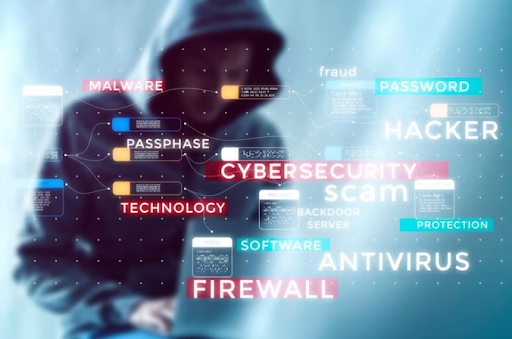
Cybersecurity in healthcare has never been more important. The latest ransomware attack on the National Health Service (NHS) has not only disrupted patient care but also put the data of millions at risk. With over 3 terabytes of sensitive information compromised, the implications for patient privacy are serious. But what does this attack mean for the average individual and what actions can you take to protect your personal information?
The NHS Ransomware Attack in the Spotlight
In the latest ransomware news, a feared cybercriminal group announced it has extracted data from the NHS, demanding a ransom in a situation that's a stark nightmare for patients and healthcare providers alike. This group, infamous for its ruthless approach, has taken the typical ransomware attack to a new level, resulting in an alarming data breach. This has put the sensitive personal and medical information of countless patients at significant risk.
The Scale of the Breach
To comprehend the magnitude, one must consider the depth of the breach. The 3 terabytes of data at stake include medical records and sensitive personal information, making this not just another cyber incident but a public health crisis in the making. The attackers' goal, it seems, is no longer just financial gain but also the disruption and potentially permanent damage to healthcare services.
The Data at Risk: What Does This Mean for Patients?
The compromised data is a treasure trove for cybercriminals. It includes MRI images, X-rays, ultrasound scans, and other medical records, all vital for patients’ health management. The risk of this information ending up in the wrong hands could mean fraudulent insurance claims, medical identity theft, or even mismanagement of a patient’s ongoing treatment.
The Personal Impact
Beyond the potential for fraud, patients face the emotional and physical distress that comes with the loss of control over highly personal information. When it’s your health on the line, the security of your data is not just about privacy—it directly affects the quality and trustworthiness of your medical care.
How to Protect Yourself in the Wake of the Attack?
For patients caught in the ripple of this attack, taking proactive steps to protect one's digital self is vital. While security breaches are ultimately the responsibility of healthcare administrations, there are several measures individuals can take to shield their personal information.
Enact Strong Digital Hygiene
Basic cybersecurity practices can go a long way. Ensure that you use strong, unique passwords for your healthcare-related accounts and enable two-factor authentication where possible. Avoid sharing sensitive information in unsecured digital environments, and regularly update your software to protect against known vulnerabilities.
Vigilance in Action
Stay vigilant for unauthorized activity on your accounts, and report any suspicious behavior to your healthcare provider immediately. Regularly monitor your credit and financial accounts for any irregularities, as these may be the first signs of identity theft.
Empower Yourself with Proactive Measures
Consider signing up for credit monitoring services or identity theft protection. While these are not foolproof solutions, they can provide an added layer of security and offer a rapid response should any fraudulent activity occur.
Conclusion: United We Stand Against Ransomware
Cyber threats evolve constantly, and as seen with the NHS incident, the stakes are higher than ever. Ensuring robust security measures and having action plans in place is critical for organizations—yet, individual awareness and action are equally important.
As a patient, your proactive approach to safeguarding your data can make a significant difference. By understanding the risks, taking precautions, and advocating for better data security, we not only protect ourselves but also contribute to a more resilient healthcare system that can withstand the challenges of the digital age.
It's a collective effort that spans from the IT security teams working tirelessly behind the scenes to individuals educating themselves and implementing simple yet effective safeguards. Remember, in the face of such threats, each digital action—no matter how small—becomes a step toward a more secure future.
The NHS ransomware attack serves as a stark reminder of the urgency in rethinking our approach to data security. It's a race against digital adversaries who are constantly finding new ways to exploit vulnerabilities. But if we stand together, share knowledge, and emphasize the importance of cybersecurity at all levels, we can create a barrier that keeps our most personal information safe.